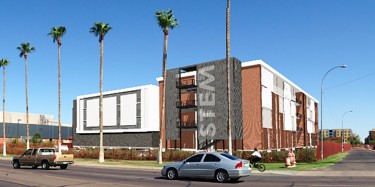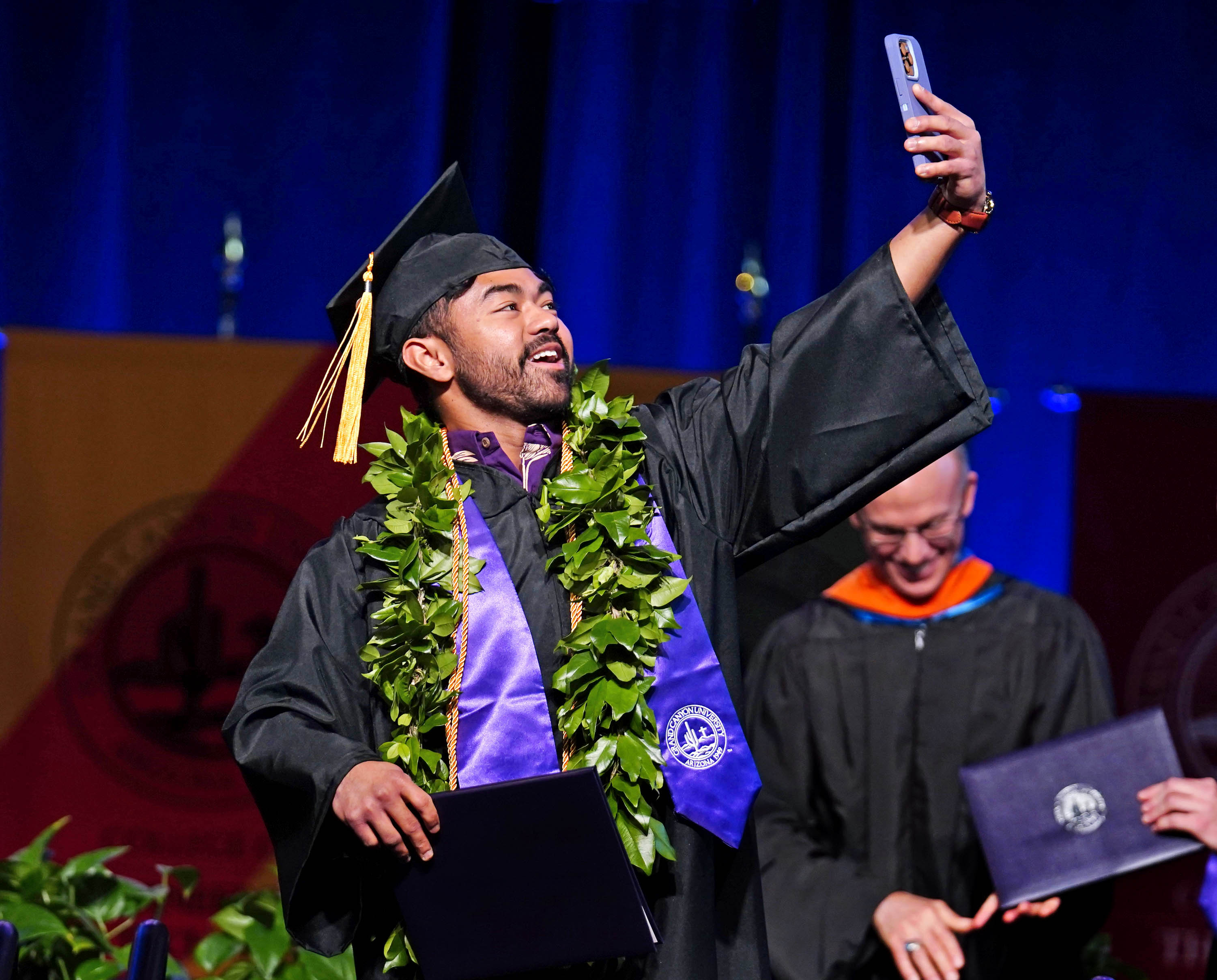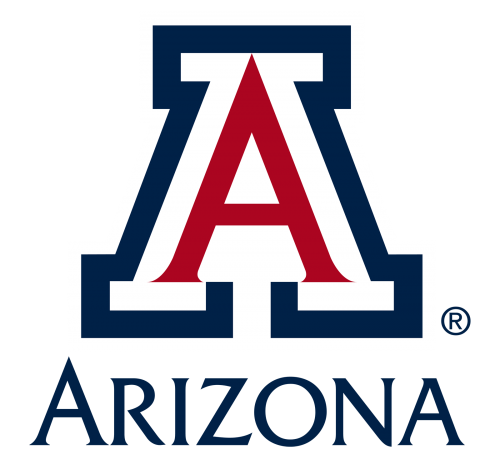By Michael Ferraresi
GCU News Bureau
The humble beginnings of Grand Canyon University’s engineering program are best illustrated by a 3-D printer in a corner study room on the second floor of the College of Science, Engineering and Technology.
The new technology — used to create plastic prototypes of widgets, products or tech solutions — is an example of the type of larger, more sophisticated machinery that tech majors from a variety of academic disciplines will have access to when the University’s first engineering majors hit campus next fall.
GCU will offer a bachelor’s degree program in electrical engineering for 2015-16, adding it to a list of new tech degrees that features six variations of computer science and information technology. The University also is investigating a wide range of other engineering curricula, including biomedical and mechanical degrees.
That tiny lab space on the second floor of the CSET building could move to a more permanent location as the University opens a new science and technology hub along Camelback Road, though plans are not yet final. The new building is scheduled to break ground in October in what is now the parking lot east of Ethington Theatre.
The idea is to create more space for laboratory learning environments for engineering, computer science and information-technology students to overlap on real-world projects, said Dr. Michael Mobley, executive director of GCU’s Center for Integrated Science, Engineering and Technology.
By 2017, when the initial electrical engineering students are in their sophomore years, the plan is to have space for students from a range of GCU academic programs engaged in a sort of “Maker’s Lab” where they can float ideas, design projects and network with others about how to bring those solutions to market.
“We certainly know there’s going to be no shortage of real-world problems that our students can roll up their sleeves and help with,” Mobley said, referring to GCU’s culture of contributing to community and emphasizing professional work for a greater good.
Engineering skills are in such high demand in the U.S. that entry-level workers with bachelor’s degrees in electrical, mechanical and biomedical engineering are earning more than $80,000 median salaries, according to the U.S. Bureau of Labor Statistics.
The students GCU is preparing for careers in tech industries will have plenty of opportunity to use the practicum projects and other experience from their undergraduate studies to jump right into jobs as electrical engineers, electronics engineers, electrical design engineers and other careers.
By next fall, GCU expects to have one new building to possibly house classroom space for the computer science and IT programs, in addition to lab space for the Team Innovation Experience course. That course will be offered in the sophomore year for tech and engineering students, providing them with an opportunity to develop solutions to real-world problems.
“It’s really focused on creating engineers that can go directly into the workforce,” Dr. Mark Wooden, dean of CSET, said of the new electrical engineering program, which includes lecture-lab combination classes that keep groups of students together for both types of learning.
The University expects that industry partners dealing with engineering trends on a daily basis could present problems for students to explore, and possibly solve, through campus-based innovation labs.
There’s also an expected overlap between engineering and business courses, specifically with business students learning coding at CSET and CSET students learning about entrepreneurship through the College of Business. Meanwhile, there’s room in the future for students from the College of Nursing and Health Care Professions to collaborate with tech students on medical innovations.
“We’re looking to create those systems, while (the College of Business is) looking at how to advance systems for business purposes or health care purposes,” Wooden said of how the College of Business would be linked into technology programs. “You can’t do one without the other.”
Tim Kelley, a GCU business professor who oversees the “IDEA Lab” on the second floor of CSET, has been tinkering with the new MakerBot 3-D printing technology to see its capabilities.
Kelley and students from his Innovation, Development and Entrepreneurship Association have made purple and white chess pieces, a GCU logo, a DNA helix and other items to test how the plastic printing works. Kelley even brought a broken wheel from the foot of his office roller chair to try to recreate it in plastic.
Designs for items can either be uploaded into the printer or taken by scanning items with lasers and a digital camera. The reams of thin plastic are fed into the machine, heated and shaped, bit by bit, into the desired item.
As the engineering programs come online, Mobley said he’s working with University leaders to determine the best technology to include in new collaborative lab spaces. The current Idea Lab 3-D printer is a relatively basic version.
Kelley and other faculty envision the Idea Lab as a demonstration of collaboration between business and science students.
“You never know who will have the ideas,” Kelley said. “They come out of the woodwork. There are so many overlaps, it impacts all students.”
Reach Michael Ferraresi at 602-639-7030 or michael.ferraresi@gcu.edu.






